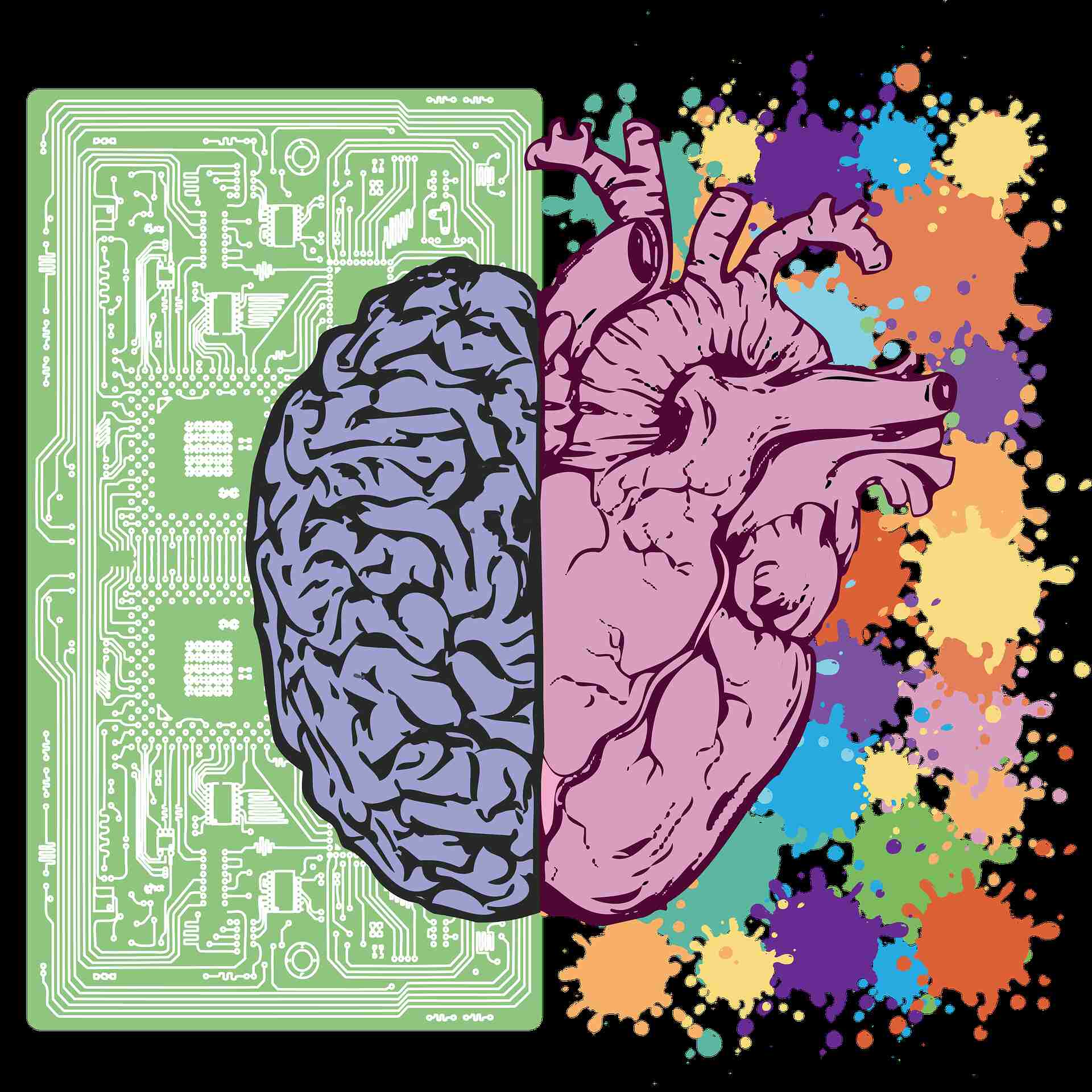Mindful heart
Hypertension is intricately related to mental health, and both can be ‘managed’ simultaneously through ‘overlapping solutions’ including lifestyle modification

World Hypertension Day is celebrated on May 17 each year to raise awareness and promote hypertension prevention, detection, and control. Did you know that hypertension and your mind have a strong connection? Here are some lesser-known facts about mental health and hypertension:
Whitecoat hypertension
Does your blood pressure not behave itself and seem to have a mind of its own in the doctor's office? Chances are that your blood pressure readings may be significantly higher in the doctor's office than compared to your readings at home. After being convinced your blood pressure machine at home isn't broken, the next obvious step should be to consider if you have white coat hypertension.
Whitecoat hypertension occurs when the blood pressure readings at your doctor's office are significantly higher than they are in other settings, such as your home. The white coat denotes the health care professional's attire. The reason is simply due to the underlying anxiety and anticipation.
What to do?
Take a few deep breaths and sips of water. The doctor may ask you to wait a bit longer in the clinic and recheck again or have one of their associates check instead.
'Perfect' blood pressure syndrome
A perfect reading for blood pressure doesn't exist. Literally, 120/80 is not a one-size-fits-all perfect blood pressure reading. Every human is different. Factors like age, gender, comorbid status, and even pregnancy status can determine the differences in blood pressure. Even for the same person, the blood pressure can fluctuate throughout the day, based on measuring positions, exercise, cardiopulmonary status and more. The reading of 120/80 mm Hg was once upon a time touted to be the idealistic reading by some. Most recent guidelines from the International Society of Hypertension state that high blood pressure is in grades like prehypertension, grades 1,2,3 etc.
Anger and blood pressure
Anger is an emotion that needs to be expressed appropriately. While we all have been angry at some time or the other, you may have physically felt the blood pressure rise during one of the anger bouts. No, it's not in your head, your blood pressure actually does rise during anger outbursts. When your body is in a stressful situation, it releases chemicals to prepare your body to handle the situation. A chemical called adrenaline can lead to an 'adrenaline rush' or 'fight or flight.' The adrenaline causes the heart to beat faster and also squeezes arteries and veins, making your blood pressure increase. Your blood pressure usually goes back to normal once you are no longer angry, or the stressful event is over. But long-term physical effects of uncontrolled anger include increased anxiety, high blood pressure and headache.
What to do?
Try to identify the common stressors or triggers of anger and work on it on your own or with a therapist.
Stress: In most cases that come to physicians, stress is attributed as a major contributing factor to high blood pressure.
Stressful events like the loss of a loved one, losing a job, divorce, displacement, or other things can precipitate high blood pressure crises.
Why did my physician send me to see a mental health professional for blood pressure?
A common referral from cardiologists or general physicians for cases with uncontrolled high blood pressure is to mental health professionals. Many people question why they were referred to a psychiatrist and does this mean they are 'mentally unstable'? This is because of the stigma against mental health professionals & lack of awareness about mental health. A multimodal approach with a physician, cardiologist, psychiatrist, a team of counsellors, nutritionists and exercise coaches can yield the best result in managing stress and reducing high blood pressure.
Lifestyle changes can make it manageable
The most relatable thing between high blood pressure and mental health is that a big chunk of solutions overlaps. The answer lies in lifestyle modification, meaning, leading a balanced life. Both mental health and blood pressure can be 'managed' — not 'cured' — with simple changes like:
✵ Relaxation: Learning to control your breathing, and visualising calm
✵ Eating right: Reducing salt intake, cutting out processed food and eating a balanced diet.
✵ Cutting out the vices: Smoking, alcohol and drugs invariably increase blood pressure
✵ Moving: Exercise and an active lifestyle is highly recommended
✵ Meditation and Yoga: Learning these can add overall benefit
✵ Sleep: Most essential for wellness
Send your questions to [email protected]



